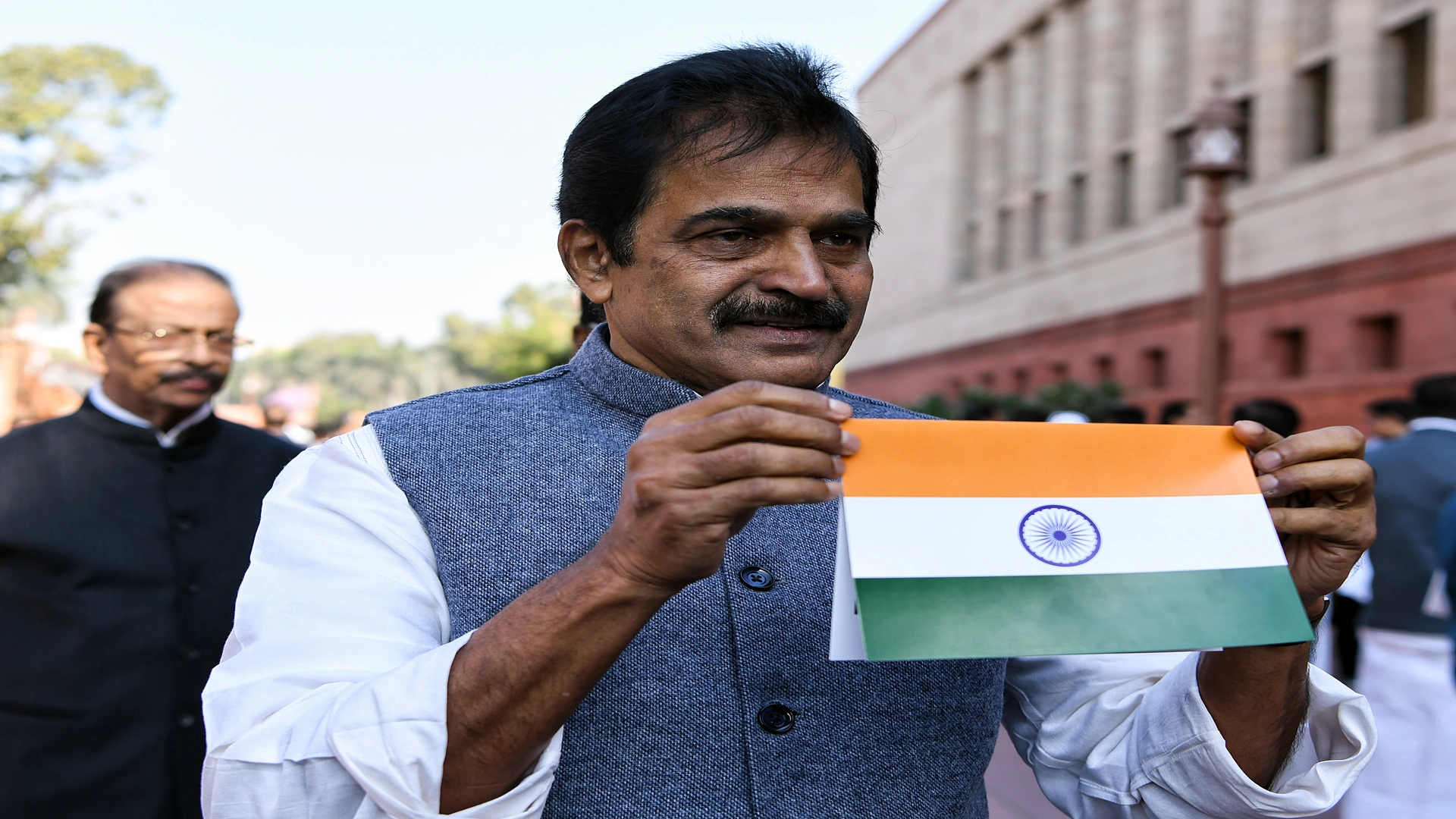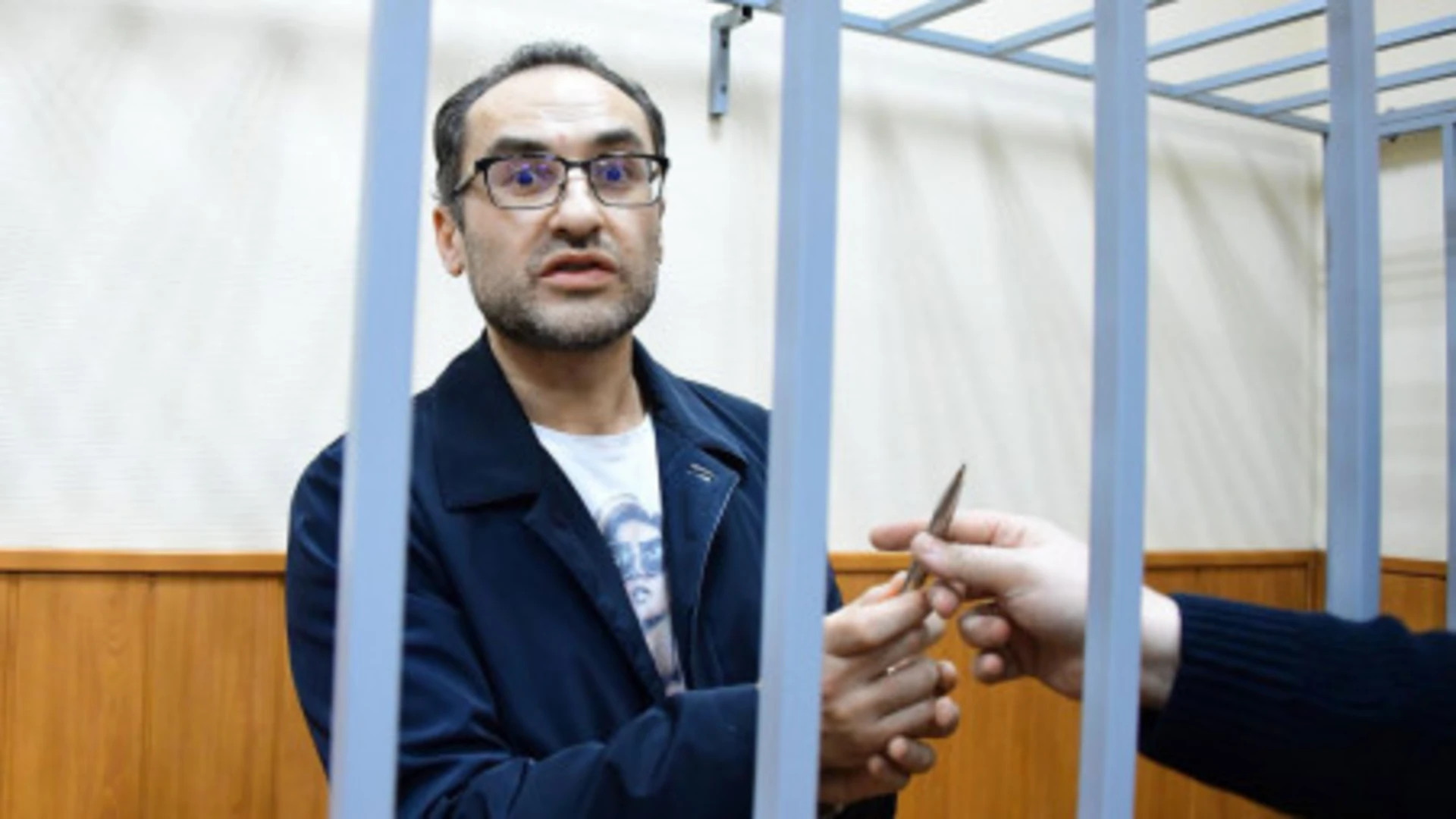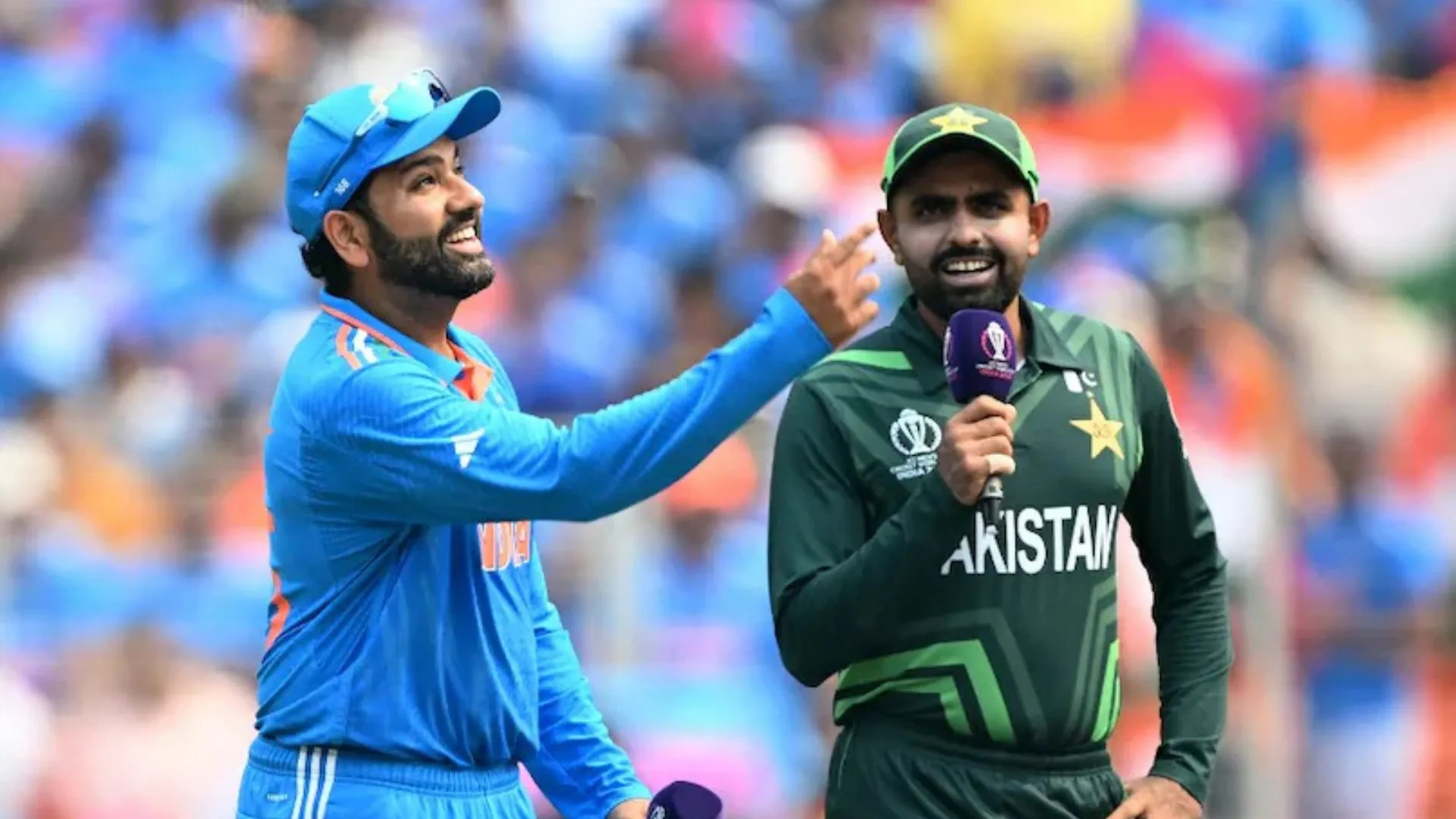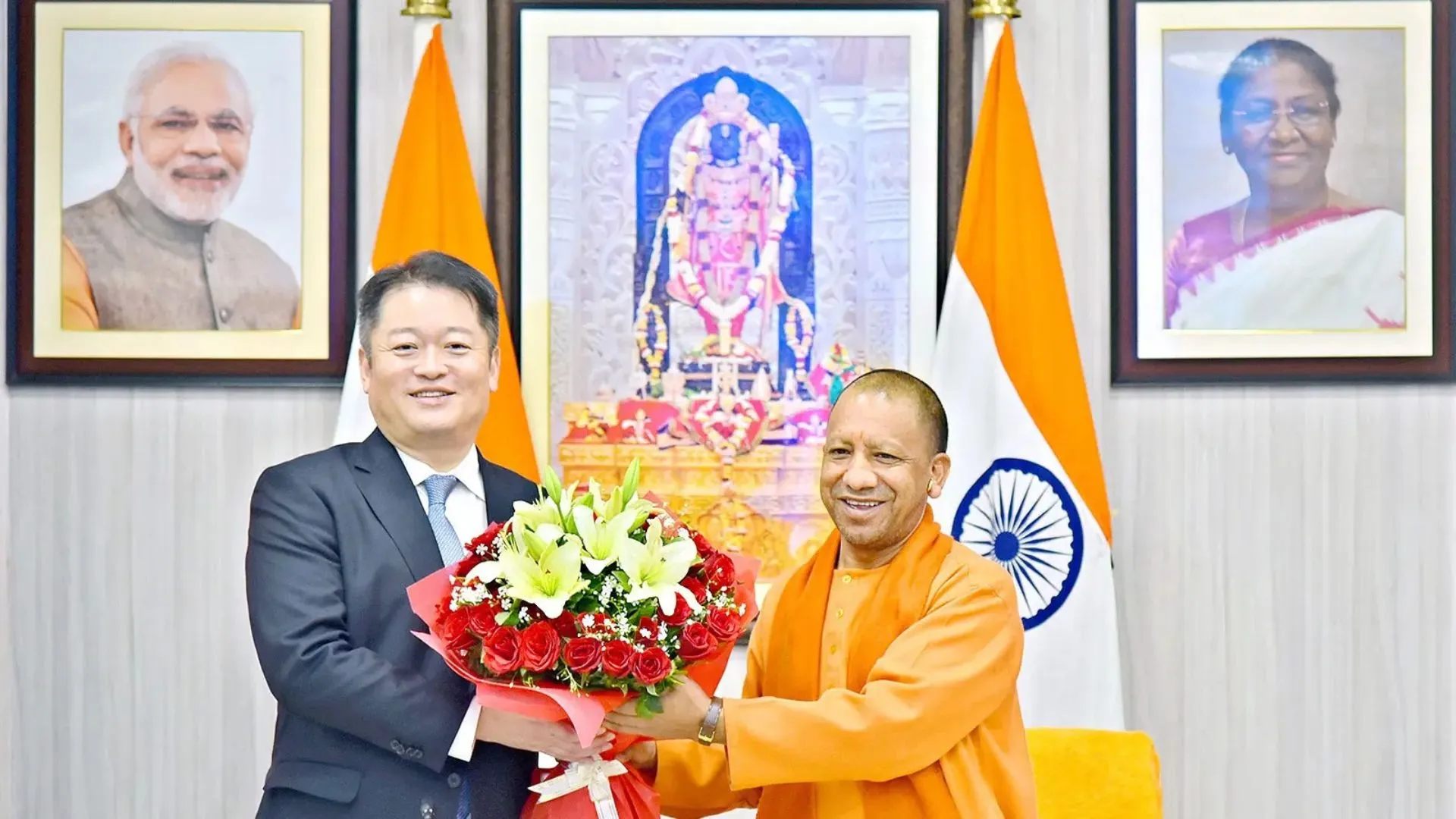In the ever-evolving field of medical science, cardiac surgery stands at the forefront, offering new hope and improved outcomes for patients dealing with heart-related conditions. Dr. PK Harikumar, a distinguished expert in cardiac surgery, recently shared his valuable insights in an exclusive interview with NewsX. From the most common procedures to the latest advancements, Dr. Harikumar’s expertise sheds light on the transformative strides made in the pursuit of better heart health.
According to Dr. Harikumar, Coronary Artery Bypass Surgery (CABG) takes the lead as the most common cardiac surgery. He elucidated, “Commonly known as Bypass Surgery, it is performed to address blockages in the Coronary Arteries, crucial vessels responsible for supplying oxygen to the heart.” As a respected authority in cardiac surgery, Dr. Harikumar’s insights provide a comprehensive understanding of this prevalent procedure.
Delving into the intricate workings of the heart, Dr. Harikumar explained, “The heart serves as a muscular pump, beating almost one lakh times a day. It is composed of muscle and enveloped by a covering called the pericardium. With four chambers and four valves, the heart relies on arteries to supply the necessary blood to the muscles.” Unfortunately, various diseases can impact any of these components, leading to heart attacks, valve disorders, or abnormal chamber conditions. “Cardiac surgery becomes imperative in such cases,” he emphasized. Additionally, congenital heart defects in children, like abnormal holes between chambers or arterial abnormalities, often necessitate early intervention through cardiac surgery.
Dr. Harikumar provided a comprehensive overview of the diverse categories of cardiac surgery, distinguishing between adult and pediatric cases. He stated, “Adult cardiac surgery primarily focuses on coronary artery diseases and valve repairs or replacements.” On the other hand, “Pediatric cardiac surgery is dedicated to treating congenital heart defects in children.” This distinction underscores the specialized approach taken in cardiac surgery to cater to patients of varying ages and conditions.
Addressing concerns about the risks associated with cardiac surgery, Dr. Harikumar reassured that significant advances in medical technology have substantially reduced overall risk. However, individual factors, such as a patient’s age, health condition, and the complexity of the surgery, can influence potential complications. “Common cardiac surgeries, like bypass surgery and closing heart defects, have become relatively safe,” he noted, pointing out that the success rate exceeds 95%, with a risk of less than 4%.
Dr. Harikumar emphasized the importance of following post-operative precautions for a successful recovery. “Patients must diligently adhere to prescribed medications and maintain control over diabetes and blood pressure,” he stressed. He also highlighted the significance of post-operative exercises and physiotherapy to support the healing process. Furthermore, lifestyle modifications, including smoking cessation and adopting a heart-healthy diet, are vital in preventing further complications.
Dr. Harikumar introduced the audience to the groundbreaking Minimally Invasive Cardiac Surgery (MICS) approach. He explained, “Traditionally, cardiac surgery required opening the chest in the front and sternum, a bone in the chest.” However, “MICS allows selected patients to undergo cardiac surgery through smaller incisions made from the side, avoiding the need to open the chest bone.” This groundbreaking approach has revolutionized cardiac care, leading to faster healing, reduced pain, shorter hospital stays, and quicker return to normal activities.
As the interview drew to a close, Dr. Harikumar left the viewers with a poignant message, “The heart, an incessantly working organ, beats around one lakh times a day. It is crucial to prioritize heart health by undergoing regular check-ups, especially if you are above 45 years or have a family history of cardiac conditions at a young age.” He emphasized the significance of regular exercise, smoking cessation, and adopting a healthy diet to reduce stress and promote overall heart health.
In conclusion, Dr. PK Harikumar’s expert insights provide a glimpse into the constantly evolving landscape of cardiac surgery. From the most common procedures like CABG to revolutionary advancements like MICS, the field continues to witness remarkable progress, offering hope and improved quality of life to patients with heart-related conditions.







